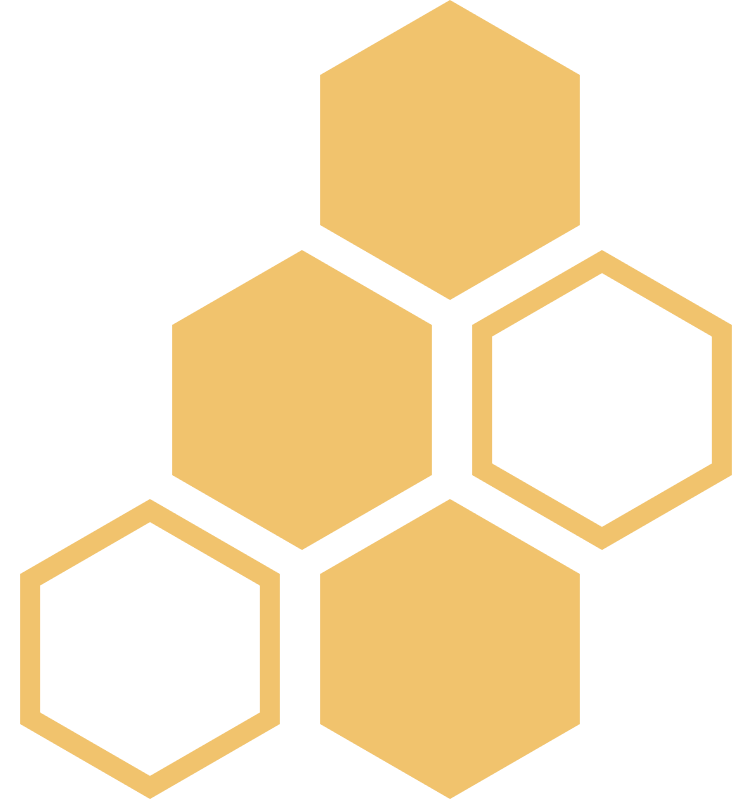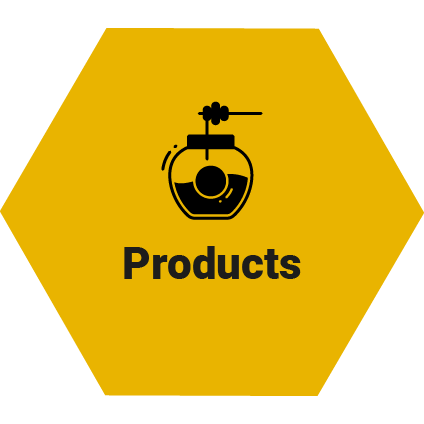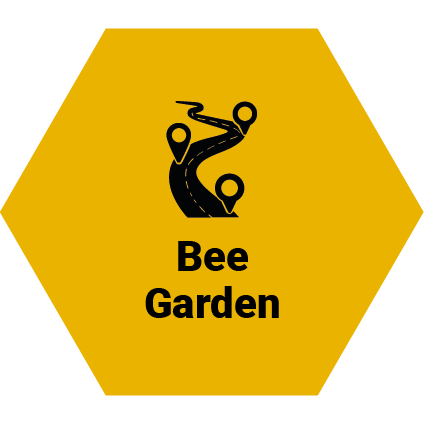About us

We are beekeepers many generations back in time
Nicolaus gave birth to Gregory, Gregory gave birth to Theodore, Theodore gave birth to Paul, Paul gave birth to Theodore.
All of them beekeepers with professional occupations and pioneers in their region. The knowledge of the beekeeping art was one that was passed down from generation to generation, with each father passing on to his son the experiences of his ancestors and his own discoveries in the enigmatic society of bees.
If there were written evidence , we might have reached very deep into the centuries Perhaps even up to the years of our fellow countryman Aristotle of Stagiriti who mentions in his writings about the development of beekeeping , about the different sexes of each hive, drone, worker, queen, but also mentions techniques that were not questioned until 1850 when the Lagstronth hive was discovered.

Who we are
Our family business was officially founded in 1990 and took its name from the Abbates regions of the Greek countryside which we visit to collect honey.
Given the knowledge that nomadic beekeeping presents significant advantages we decided to follow nature
The bees are transported from area to area where the bee plants are in bloom.
Thus the bees find food on their own without the need of human feeding.
All these efforts to produce high quality products seem to the observer’s perception to be laborious. We – the whole family – enjoy it because we love what we do!

Having a remarkable family tradition in honey production, with all that this implies in terms of knowledge, we understood that in order to grow as a business we must first of all have a passion and harmonious cooperation with nature and above all with the bee.
Today, our beekeeping unit consists of 600 hives , 2 beekeeping trucks, privately owned facilities of 500 square meters and a fully equipped honey packing laboratory.
To the equipment I think I should add my rich beekeeping library and the accumulated experience we have gained from managing the apiary.

Our Philosophy - Our Vision
Bee is an equal partner
We take care of its health, of placing it in a warm place in winter and shady in summer, of transporting it to beehives rich in pollen and nectar, of feeding it in times of misery, of protecting it from pesticides.
It takes care of us by giving us its products. Honey , pollen, Royal Jelly , Propolis.
If we don’t treat her like an equal partner and remove all her honey, or don’t give her the appropriate care, the time will come when the beehive will die and we will have nowhere to get honey next year.
Our Philosophy - Our Vision
A strong organism has strong self-defence
A strong beehive, with a young queen, many young bees, placed in an area with rich beekeeping vegetation, has the ability to cope with diseases on its own.
A weak, old and stunted organism, easily becomes prey for all kinds of parasites and viruses.
A strong swarm has strong self-defense and has no need for chemical preparations to deal with viruses and parasites that will attempt to attack it While a weakened one we cannot easily revive.
But what are the factors that lead us to have a strong bee? A strong organism
Success in beekeeping rests on the trifecta of Queen – Swarm Health – Bee Health. A good knowledge of these elements also guarantees success in beekeeping. Of course the Beekeeping Library

Why organic honey
We often get questions like “Is there organic honey? What is the difference between organic honey and conventional honey?”, “Can a beekeeper guide bees where they will forage? “.Questions that rightly concern the average consumer.
The honey that bees collect can be affected by:
Knowing very well the biology of the bee, the practices of organic beekeeping and the areas of the Greek countryside with native bee plants, we are the first in Greece to certify our farm and our honey ABATON is the first certified Greek organic honey.











